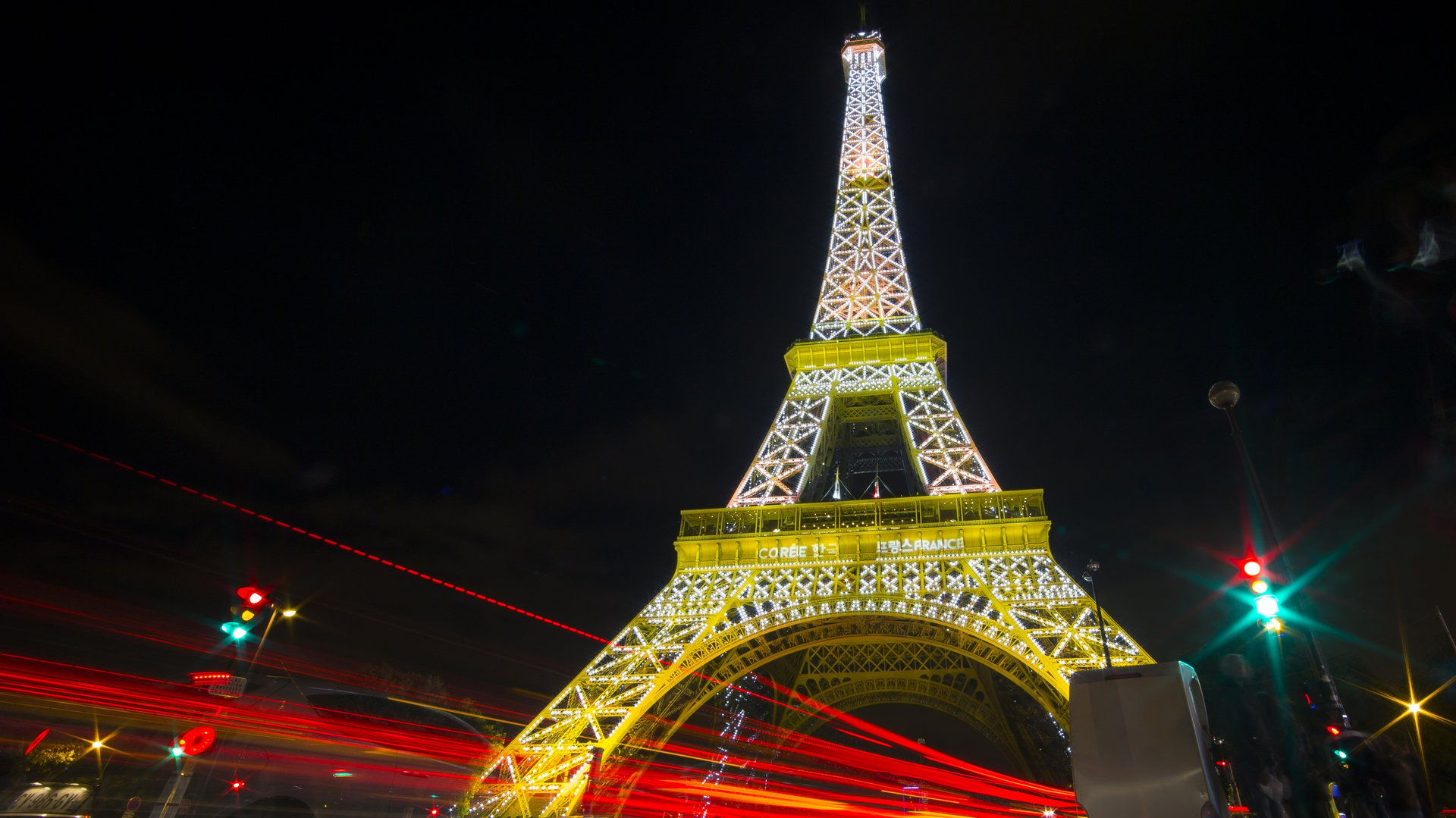A legal battle is brewing over the right to post photos of European public art online
The Swedish copyright law for fine art scene is usually quite tranquil: There hasn’t been a major lawsuit in years. But that changed this week (Apr. 5) when the supreme court there passed judgment on a case that could open up online publishers to paying licensing fees for the use of images of public artworks.


The Swedish copyright law for fine art scene is usually quite tranquil: There hasn’t been a major lawsuit in years. But that changed this week (Apr. 5) when the supreme court there passed judgment on a case that could open up online publishers to paying licensing fees for the use of images of public artworks.
Sweden’s supreme court ruled that a Wikipedia-affiliated website could not draw from its database of photographs of public art and distribute the images without permission from the artists. The ruling could reignite a debate around the so-called “freedom of panorama,” which are laws that govern the use of images of public art and buildings, in Europe.
“We believe that this ruling undermines the fundamental purpose of the freedom of panorama, the right for people to capture and share, online or otherwise, the beauty and art of their public spaces,” said Juliet Barbara, a communications manager at the Wikimedia Foundation, the non-profit that runs Wikipedia.
At the heart of the matter is a small agency that collects licensing fees on behalf of about 8,500 Swedish artists, sculptors, and photographers called the Visual Copyright Society in Sweden, or BUS. It employs about two dozen people and collected about 85 million Swedish kronor ($10.4 million) last year, according to Mats Lindberg, its chief executive. Its customers are the major broadcasters and publishing houses in Sweden.
The society filed suit against Wikimedia Sweden, an affiliate of the Wikimedia Foundation that operates independently, because it says it didn’t respond to a request to pay licensing fees of €500 ($568) a year for photos of work by its members. Wikimedia Sweden had started a website that mapped public art in Sweden in 2013. “We tried to avoid it,” says Lindberg of the lawsuit. “This is the first court case we have had for years.”
Freedom of panorama was a hot topic in the European Parliament in 2015, when there was a debate about how it should be applied to commercial uses of images. The laws are unevenly applied across Europe. In the UK, a photographer is allowed to take a picture of, say, Big Ben, and sell it as a postcard. But France’s rules are more complicated: Anyone is allowed to freely share photos of the Eiffel Tower by day, for example, but professional photographers must pay for the right to publish photos taken at night. Nighttime photos are subject to a licensing fee because the illuminations that light up the tower are governed by copyright restrictions. American copyright law when it comes to public art is similarly thorny.
Sweden is regarded as largely supportive of freedom of panorama, says Niklas Follin, an intellectual property lawyer at the firm Setterwalls in Stockholm, but the latest ruling could shift that perception. “It is possible that some online encyclopedias and other websites that rely on the Swedish freedom of panorama now have more limited options than before,” he said. “They may also be liable to pay license fees to the copyright collection societies in the future.”
The ruling could also affect websites outside Sweden. “It applies to any actor where Swedish copyright law can be applied,” Follin says. “This is not limited to Swedish citizens or Swedish actors.” So in theory, a website located outside Sweden but with a primarily Swedish readership could fall under Swedish copyright law, he noted.
The supreme court ruling isn’t the end of the matter. The case has been passed back to a district court, which will rule on the civil suit filed by BUS. The district court will decide how to interpret the supreme court’s judgment, and whether Wikimedia Sweden has to pay licensing fees and associated costs to BUS.
Even as the legal wrangling continues, the irony is that both Wikimedia Sweden and BUS appear to agree that public art should be widely seen. “We agree in principle that public works of art should be shown as broadly as possible,” Lindberg, the BUS boss, says. “But it should be on terms that are accepted by the artists… Everyone who wants a license can have it. It’s rather cheap.”